Talk Overview
Imatinib (Gleevec) has become a paradigm for targeted cancer therapies. The first part of this lecture will describe the clinical features and the molecular pathogenesis of the disease for which imatinib was developed, chronic myeloid leukemia (CML). This overview will trace the history of the identification of the target of imatinib, BCR-ABL. The preclinical development of the BCR-ABL kinase inhibitor, imatinib and highly successful clinical trials of this agent for patients with CML will be reviewed along with the most up-to-date follow-up on these studies.
Although the majority of patients with CML respond well to imatinib, a minority of patients have relapsed. This part of the lecture will cover what has been learned about mechanisms of relapse and how this information has been translated into new therapies for patients with imatinib resistance. Although imatinib is a relatively specific inhibitor of the ABL kinase, a couple of other kinases, KIT and the platelet derived growth factor receptor are also inhibited by imatinib. This use of this information to treat successfully treat other malignant diseases driven by these kinases will be reviewed.
The lessons learned from the clinical trials of imatinib will be reviewed in this section. This will include examples of where imatinib has or has not worked, analysis of target expression versus activation and a discussion of how the success of imatinib can be translated to other malignancies. The section concludes with what this means for research to control or cure cancer in the coming decades.
Speaker Bio
Brian Druker

Dr. Brian Druker is an Investigator of the Howard Hughes Medical Institute, Director of the Oregon Health & Science University (OHSU) Cancer Institute, and JELD-WEN Chair of Leukemia Research at OHSU. Upon graduating from the University of California, San Diego School of Medicine in 1981, Dr. Druker completed his internship and residency in internal medicine… Continue Reading
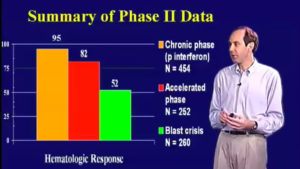
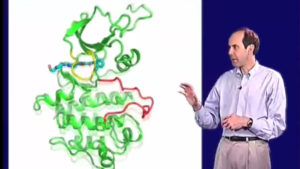
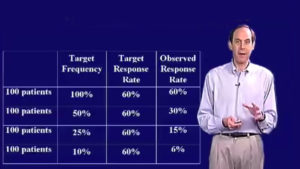
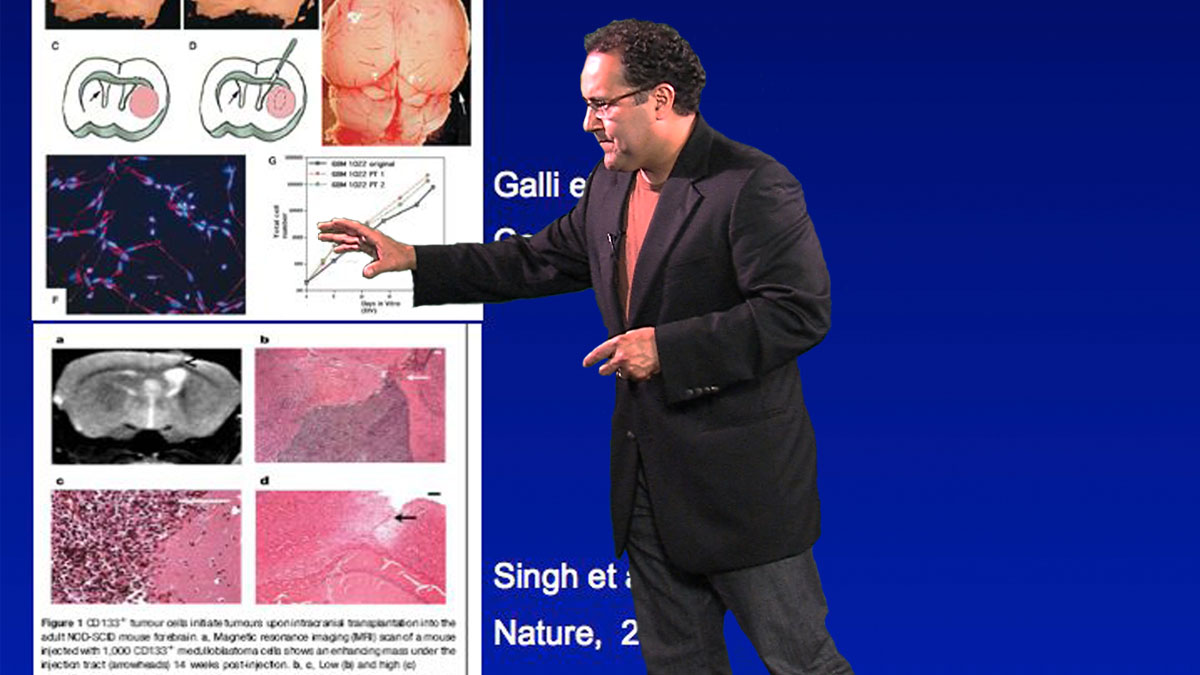


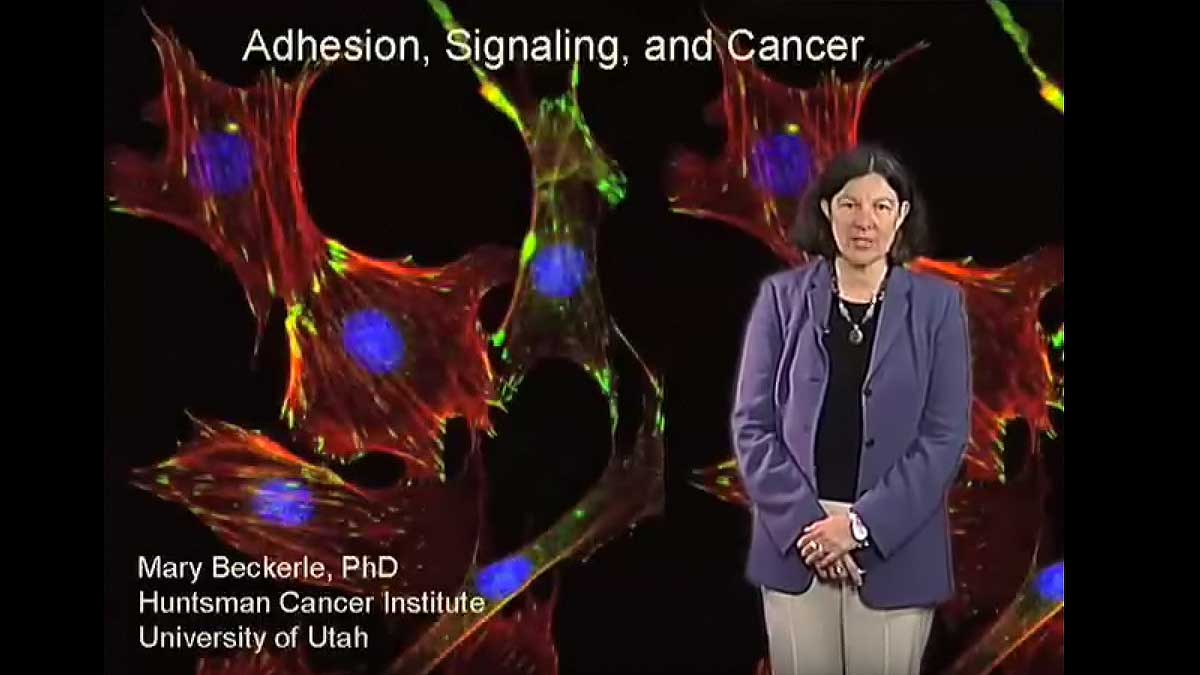





Leave a Reply